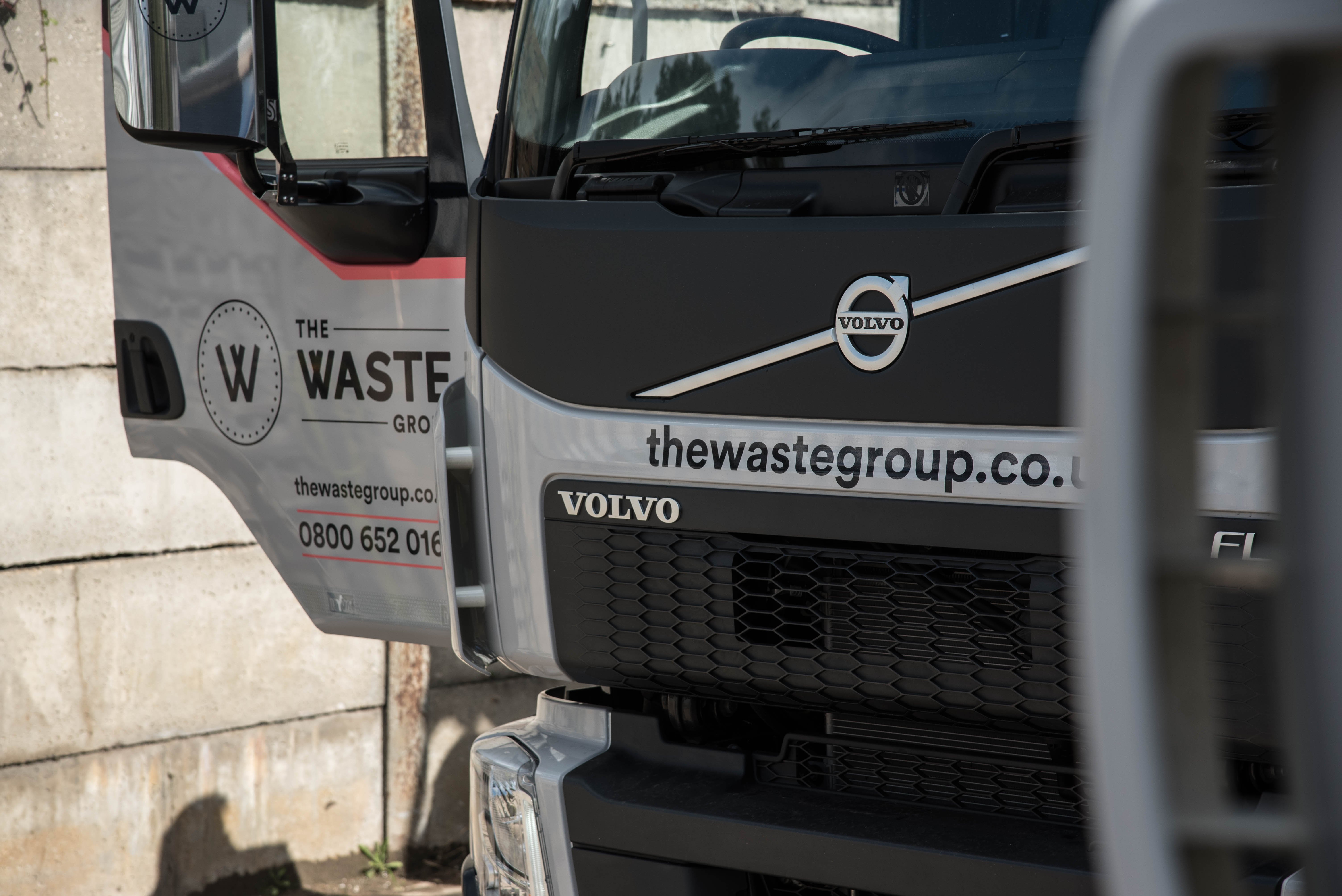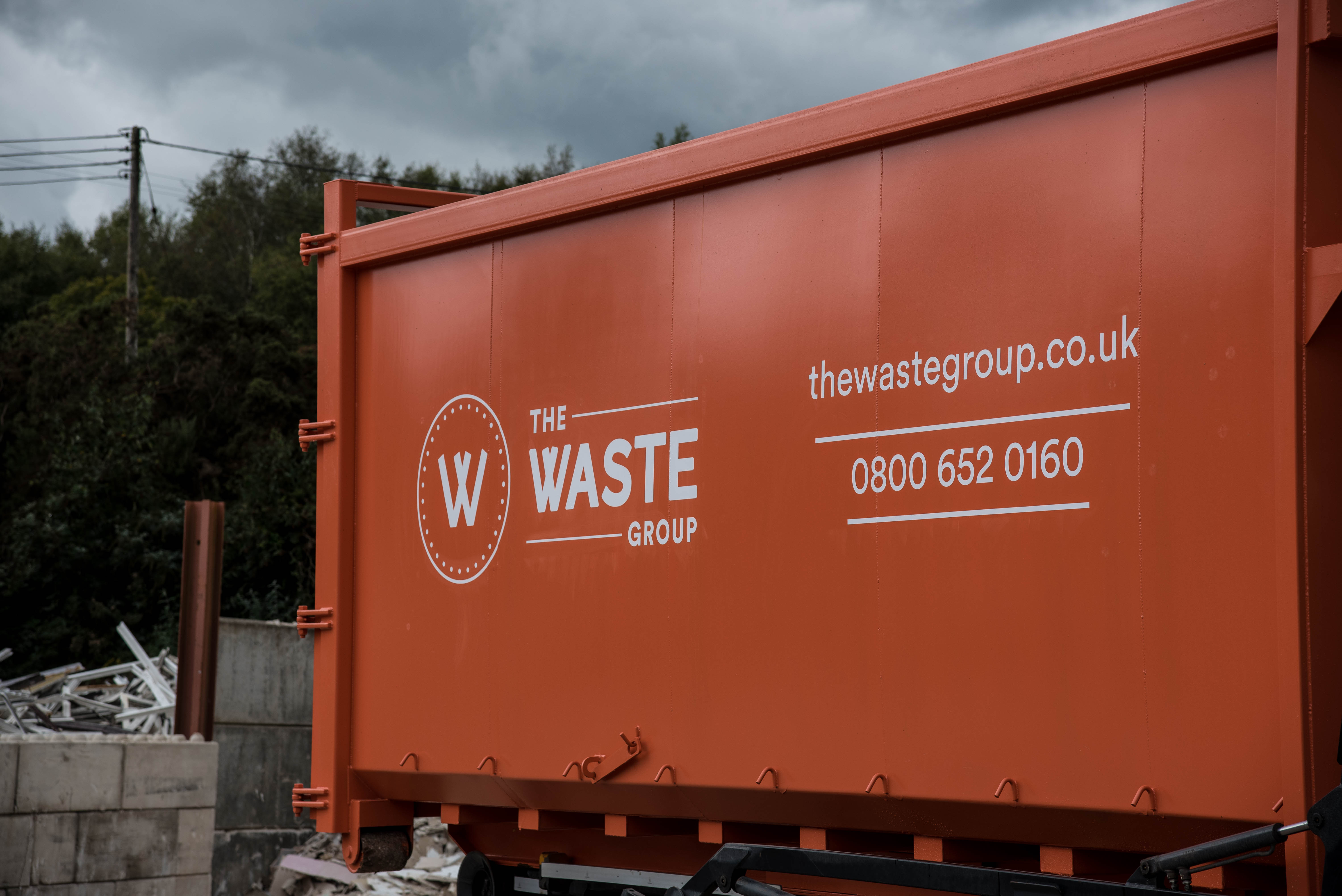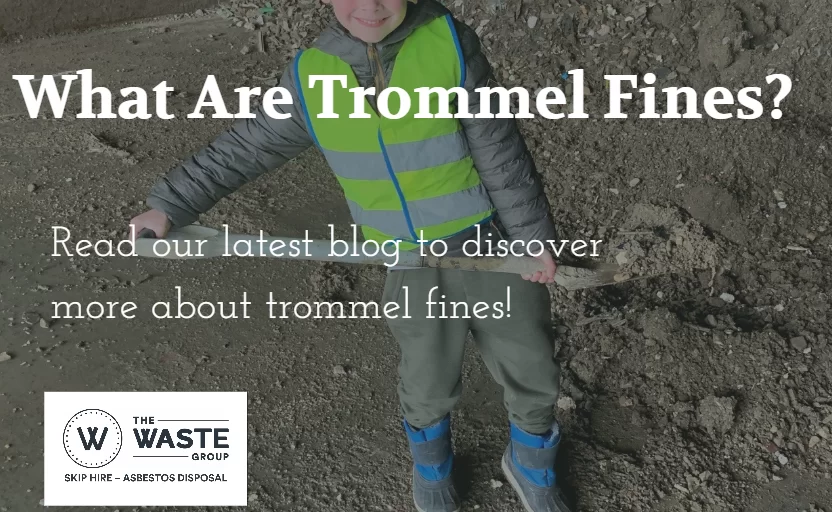Understanding the Carbon Footprint of Your Waste

With more than 380 million tons of plastic being produced each year, it’s fair to say that we are well and truly living in the waste generation.
Whether we like it or not, we all have a carbon footprint that makes an environmental impact. Our carbon footprint is the measure of greenhouse gases emitted either directly or indirectly by our everyday activities, from buying our weekly shop to our daily commute.
In terms of waste management, your carbon footprint refers to the amount and life-cycle of waste you produce, including its creation, management, and disposal. The larger our carbon footprint, the greater the effect on climate change.
Reducing waste and the amount of fossil fuels we use is an essential part of combating climate change. But, it’s also important to ensure we’re dealing with the waste we do produce in the most responsible and sustainable way possible.
Climate change is a major and persistent concern. It’s time we all make conscious efforts to protect our planet and its natural resources. Let’s explore how we can make better choices in our own waste management practices to reduce our carbon footprint and contribute to the global cause in a positive way.
What contributes to the carbon footprint of waste?
It goes without saying that as a society, poor waste management contributes to our collective carbon footprint. But how, exactly?
When waste isn’t managed properly on a personal level, we wind up producing far more waste materials than we need to. When we’re more mindful of our consumption habits and shift our focus towards reducing, reusing, and recycling materials, we can leave less of a mark on the environment.
When it comes to the waste management industry, companies that don’t have optimised waste collection routes or don’t process waste correctly will naturally have a higher carbon footprint than eco-conscious waste management providers.
It’s also important to consider the impact different waste types have on our ecosystems – particularly plastic waste – as these materials can add significantly to our carbon footprint.
Measuring the carbon footprint of your waste
While leading a zero-waste lifestyle isn’t realistic for everyone, there are positive steps you can take to help reduce your contribution to global warming. And measuring your carbon footprint to become aware of the direct and indirect emissions caused by your waste management habits is a great place to start.
To measure the carbon footprint of your waste, you first need to understand how much waste you’re producing.
Categorise the types of waste produced, such as organic, paper, plastics, general, and glass. Then, consider how you dispose of each category. Does it wind up in landfills, recycling centres, or compost heaps?
Now it’s time to calculate your figure. Emission factors that measure the amount of greenhouse emissions produced per unit of waste and can be found in the National Atmospheric Emissions Inventory. Multiply the weight of your waste by its emission factor to calculate your waste carbon footprint, or try out a carbon footprint calculator.
Reducing the carbon footprint and greenhouse gas emissions of waste
Sustainable waste management aims to make waste reduction and responsible waste management easier for everyone so we can tackle climate change together.
The waste hierarchy is a way of prioritising sustainable waste management practices that have significant environmental benefits.
By focusing on these steps, you can contribute to a healthier planet, better air and water quality, and an all-round safer environment for everyone.
- Prevent: Try to avoid producing waste where possible, especially hazardous waste.
- Reduce: Opt for products with less packaging to reduce the amount of waste you’re producing.
- Reuse: Where you can, reuse and repurpose materials to prolong their lifespan and reduce your waste.
- Recycle: Recycling is a great way to reduce waste and therefore your carbon footprint.
Sticking to the waste management hierarchy and making eco-conscious choices makes the sustainable management of your personal or commercial waste so much easier. When you can incorporate these practices into your day-to-day habits, you can continue to reduce your carbon footprint in a sustainable way.
Sustainable waste management solutions from The Waste Group
At The Waste Group, sustainable waste management strategies are our priority.
We’re here to help you reduce carbon emissions with eco-conscious waste management services like sustainable tipping and national skip hire available in the UK.
Let’s work towards a more sustainable future together. Get in touch today to request a quote or learn more about our sustainable waste management services.


